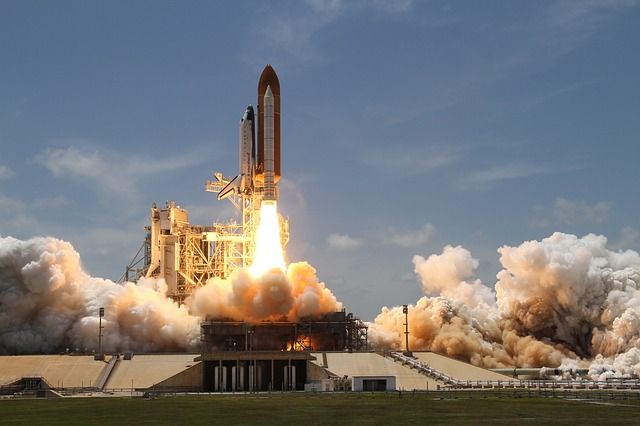Researchers found that specific environmental factors may alter the gut microbial community during spaceflight.
The human intestinal tract consists of a diverse and complex microbial community, which plays a central role in human health. It has been estimated that our gut contains at least 1000 different species of known bacteria with 100-fold more genes than those found in the human genome. Gut bacteria have a direct impact on our health, by helping the body to digest certain foods, ensuring proper digestive functioning, as well as having a barrier effect in the immune system.
Specific space environmental factors, such as microgravity and radiation, may alter the gut microbiota, representing a risk to astronaut health, especially during long-term spaceflight missions. In a new paper published in Microbiome, a group of researchers at Northwestern University and the University of Illinois at Chicago developed a new analytical tool called Starmaps to compare microbiome samples collected from mice after a 37-day spaceflight onboard the International Space Station to other relevant datasets.
To study spaceflight-associated changes in the gut microbial diversity and community structure, the research team computed the number and evenness of species in each sample. The researchers pointed out that habitat had a big impact on mice in the spaceflight group and the ground control group, including gas composition, temperature, and diet. Using the newly developed tool, the research team found that radiation exposure and microgravity can affect the bacteria in a mouse’s gut microbiome, which may have larger implications for human astronauts.
Understanding the factors that can cause these kinds of microbiome changes would be useful in reducing risks to crew health during long-term human space expeditions.
Written by Man-tik Choy, Ph.D
Reference: Jiang, P. et al. Reproducible changes in the gut microbiome suggest a shift in microbial and host metabolism during spaceflight. Microbiome, 2019;7:113. DOI: 10.1186/s40168-019-0724-4
Image by WikiImages from Pixabay



